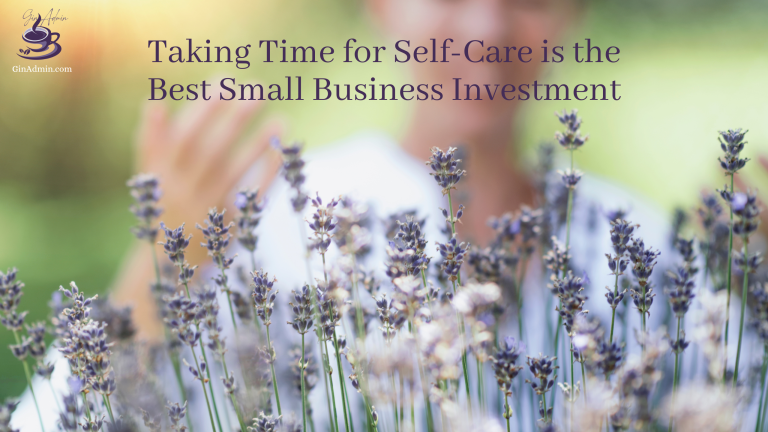The Real Reason Your Content Marketing Isn’t Converting to Sales
You’re posting consistent, good-looking content, but nobody’s booking or buying. The problem? You’re not making a real connection with your audience.

You’re posting consistent, good-looking content, but nobody’s booking or buying. The problem? You’re not making a real connection with your audience.

Struggling with content creation for your small business? Stop spending hours on posts that don’t work. Learn the simple systems that save time and stress.

Time-saving hacks for WFH business owners that actually work! Real behind-the-scenes scoop on balancing work, life, and sanity (plus adorable dog moments!).

Why content creation for business growth is important: These 7 content strategies will move you from the sidelines to the spotlight.

Ready for summer content that wows? Here are some fun seasonal content strategies that’ll keep your audience coming back for more!

Running a small business is exciting. But sometimes it feels like you’re stuck in a creative rut. Finding inspiration doesn’t have to be complicated.

Spring clean your goals and give your small business a fresh start by refreshing your mindset and refocusing your priorities with these 5 tips.

How content works for your business by building trust, attracting customers, and keeps you ahead of the competition.

Creating content doesn’t have to be overwhelming! If you’re new to content marketing or looking to update your strategy, here are some tools to create content that works.

Small Business Owners: Taking Time for Self-Care is the Best Investment You’ll Make!